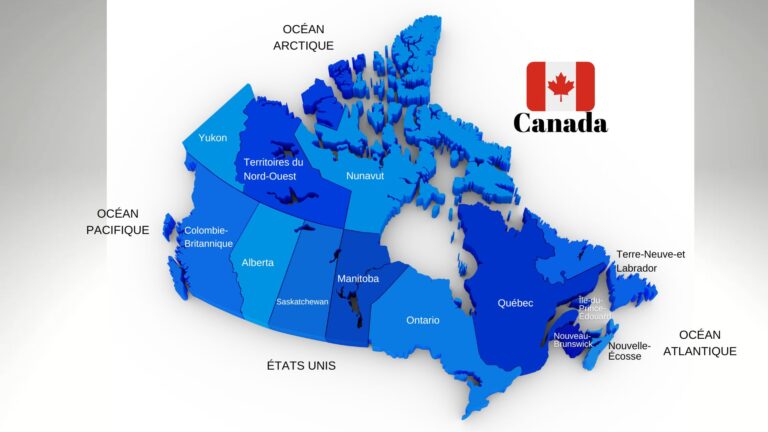New Requirements to Protect International Students in Canada

Canada, renowned for its warm welcome and the quality of its higher education, attracts numerous foreign students. However, they face significant challenges, particularly in terms of housing and finances. The Honourable Marc Miller, Minister of Immigration, Refugees and Citizenship, has taken steps to review the financial requirements imposed on applicants for study permits, with the aim of improving the situation for these students.
New Financial Requirements
As of January 1, 2024, foreign students will have to demonstrate a increased financial capacity to support themselves in Canada. The financial threshold, adjusted annually, will be aligned with Statistics Canada's low-income cut-off. This measure is a response to the stagnation of financial requirements since the early 2000s, which had not kept pace with changes in the cost of living. From now on, students will have to prove that they have at least 20,635 $, in addition to tuition and travel expenses.
Support measures and next steps
The government recognizes that this increase could impact students in different ways. As a result, pilot projects will be launched to support under-represented cohorts. At the same time, reforms have been announced to improve services for international students, particularly in terms of housing and academic support.
Temporary Policies and Student Employment
The Federal Minister of Immigration also extended the lifting of the 20-hour workweek limit for foreign students until April 30, 2024, and addressed the issue of online study hours and the Post-Graduation Work Permit:
The lifting of the 20-hour-per-week limit on foreign students authorized to work off-campus during a study session will be extended until April 30, 2024. As a result, international students already in Canada, as well as applicants who have already submitted a study permit application as of December 7, 2023, will be able to work off-campus for more than 20 hours per week until that date. We continue to examine options related to this policy in the future, such as extending the limit on off-campus work hours for international students to 30 hours per week during a study session.
The measure allowing foreign students to include time spent studying online in the duration of a future post-graduation work permit, provided that this time represents less than 50 % of the duration of the study program, will continue to apply to students who start a study program before September 1, 2024. This measure will no longer apply to students who begin a program of study after that date. Distance learning measures were first implemented in 2020 in response to travel restrictions during the pandemic, and were reduced in scope in September 2022. Currently, the vast majority of international students pursue their studies in person in Canada.
In response to labor market disruptions during the pandemic and recovery from it, a temporary public policy had been implemented on 3 occasions to grant an additional 18-month work permit to post-graduation work permit holders as their initial work permit expired. Foreign nationals holding a post-graduation work permit expiring by December 31, 2023 are eligible to apply. However, this temporary policy will no longer be extended.
We value the important social, cultural and economic benefits that international students bring to Canada, and to sustain these benefits, we must address the issues that have made some students vulnerable and undermined the integrity of the International Student Program. Thanks to the long-awaited increase in the cost-of-living threshold, students arriving in Canada will have a more solid financial footing at the start of their studies.
Source: IRCC website
These changes reflect Canada's commitment to providing a safe and supportive environment for international students. By increasing the financial threshold and adjusting immigration policies, the government aims to ensure that international students have the resources they need to succeed and contribute fully to Canadian society. These measures are part of a broader approach to valuing and protecting international students, who are essential to Canada's cultural, social and economic vitality.







